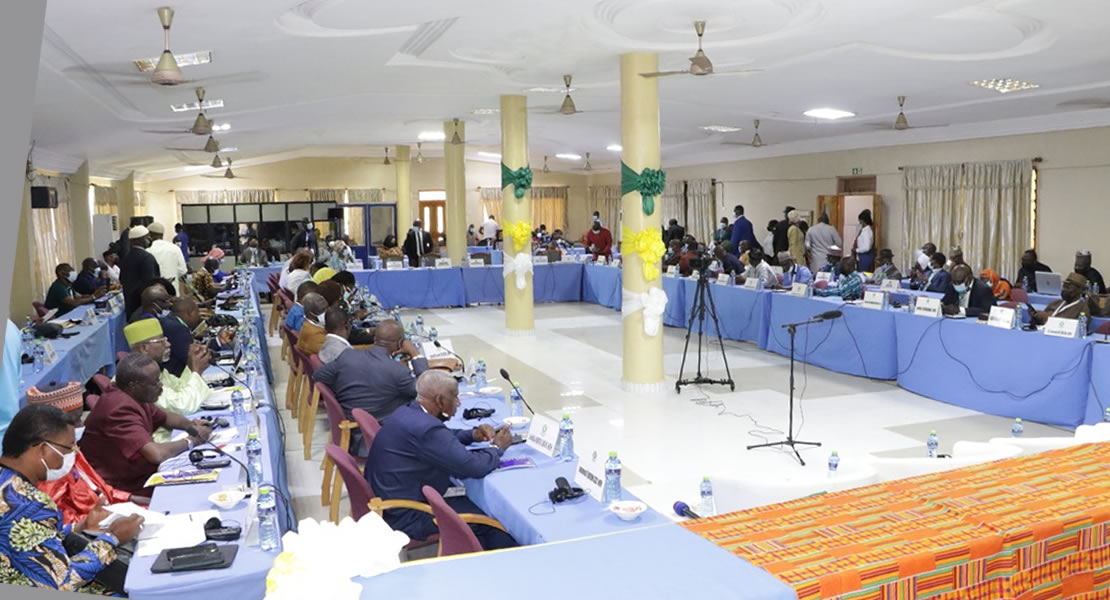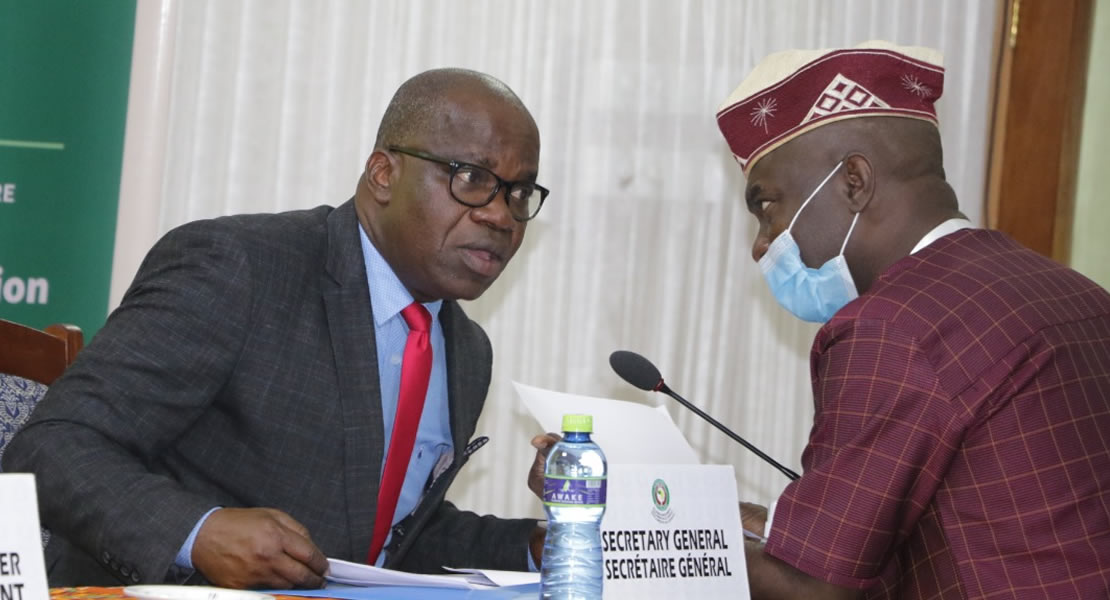The Economic Community of West African States (ECOWAS) Parliament, has recommended the revision of the ECOWAS Protocol on Democracy and Good Governance to prohibit all forms of political maneuvering to hold on to power beyond constitutional limits.
The Parliament made the recommendation at the end of its High-level Seminar on “Two decades of Democratic Elections in ECOWAS Member States: Achievements, Challenges and the Way Forward” on Friday, October 15, 2021 in Winneba, Ghana.
The recommendation was contained in the communique on the outcome of the Seminar which was read by Mr. Zargo Stephen, a Member of Parliament from Liberia.
The recommendation for a revised protocol to prohibit tenure elongation is coming after the phenomenon has been seen to be the leading cause of the disruption of democratic rule in Mali and Guinea.
Members of parliament and experts also recommend that for the consolidation of Democracy and Good Governance, the process of the election of Members of the community Parliament should be by Direct Universal Suffrage.
To ensure consolidation of Democracy and Good Governance, they also recommended that “a study be conducted for the adoption of regional standards to govern electoral processes. Such as “an effective independence of election management agencies, the partiality of courts that sits on electoral disputes, regulation of electoral campaigns, computerization of electoral registers and use of voters’ card.”
There should also be compliance with the quota or gender equality system to enhance women’s representation in decision-making bodies, including the ECOWAS Parliament.
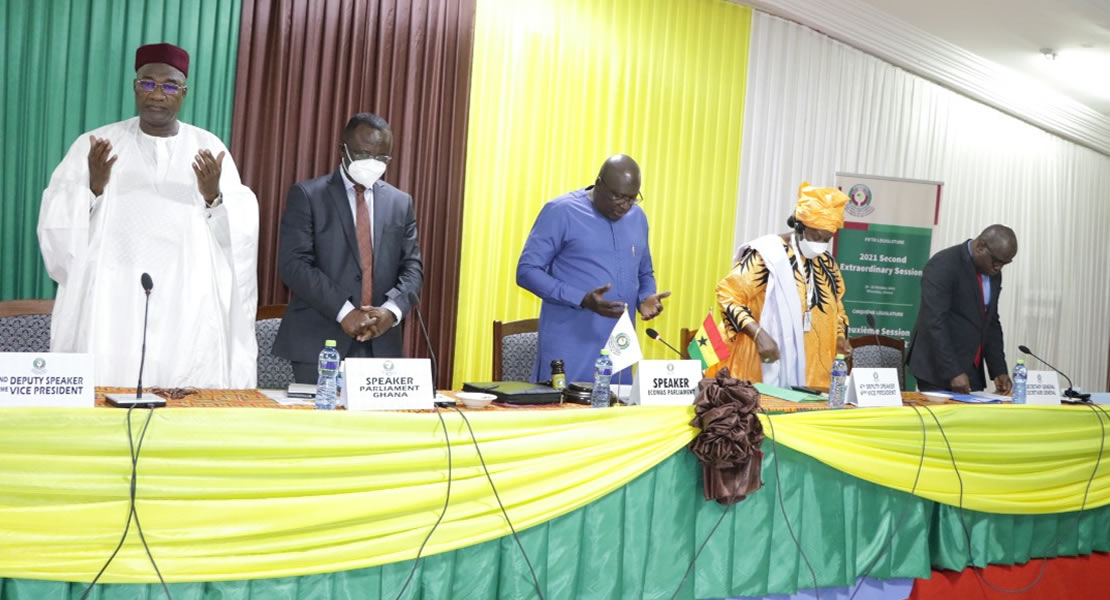 On the role of civil society and non-state actors in elections, they cautioned civil societies, political parties and electoral candidates against disclosure of results before the body mandated to do so.
On the role of civil society and non-state actors in elections, they cautioned civil societies, political parties and electoral candidates against disclosure of results before the body mandated to do so.
“There should be an adoption of mechanisms to ensure adequate participation of Civil Society in democratic process; such as the protection of the members of civil society organisations, transparent financing, regular cooperation and consultation of civil society and the promotion of its mediation role between communities and political actors.”
They also recognized the critical role of media during elections, with recommendations on how, and what they should do to ensure the conduct of credible elections.
They stressed the need for greater monitoring of social media during electoral periods and the repression of their abusive use in order to prevent any media misstep due to disinformation and the spread of fake news.
Other recommendations include:
• Equal access to official media and public services by all electoral candidates to enable them know their programs and views to the electorates.
• Adoption of legal frameworks to guarantee press freedom and to compel media professionals to strict adherence of their ethics, capacity building for media professionals, sensitization of the populace.
• Taking cognizance of the role of security services, the recommended that measures be adopted to guarantee the independence and neutrality of security services and their involvement as stake holders in the security process.
• There should be provision of adequate material, human and financial resources to security services and their capacity building.
• Promotion of cooperation and collaboration among security services of ECOWAS Member States to share best practices in electoral security”.
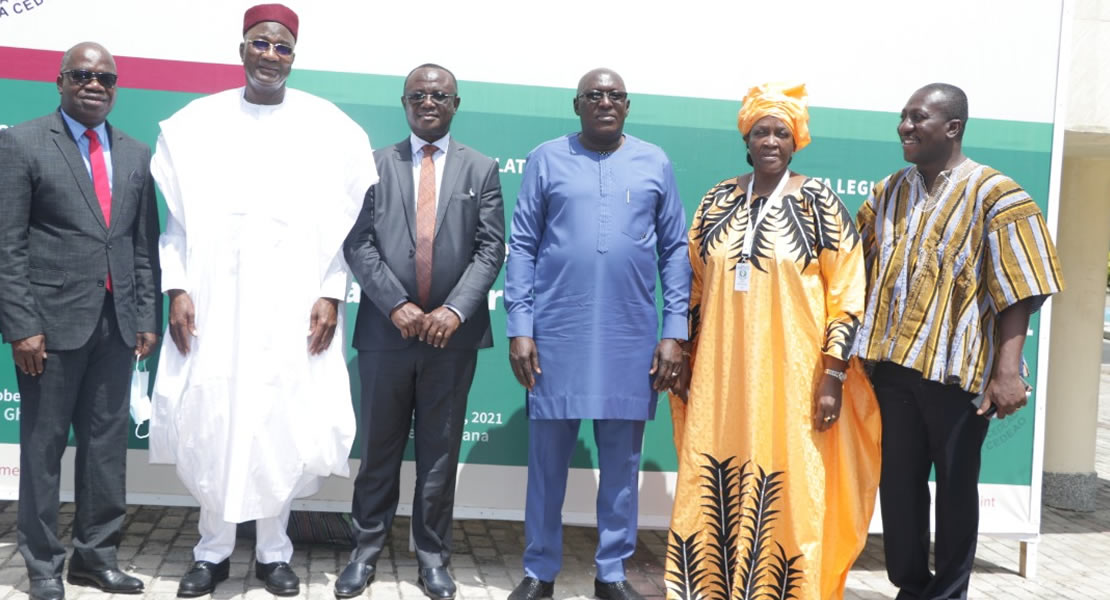 On the role of the judiciary, they recommended the consolidation of the independence and impartiality of the justice system by national parliaments through adequate legislations.
On the role of the judiciary, they recommended the consolidation of the independence and impartiality of the justice system by national parliaments through adequate legislations.
On the role of political parties, it was recommended that ECOWAS Member States institute a national dialogue framework to help unite political actors, democratic governance of political parties.
They said it is important that there is transparency in party financing, and separation of their resources and activities from that of government.
They also recommended the strengthening and consolidation of election observation systems before, during and after elections. This, they said can be achieved by improving the deployment strategies of observers, cooperation of various international and local observer missions and the quality of expertise of members of observer missions.
The outcome of the Seminar contained inputs from Members of Parliaments, the ECOWAS Commission, Experts and Stakeholders across relevant sectors.
Ghanamps.com
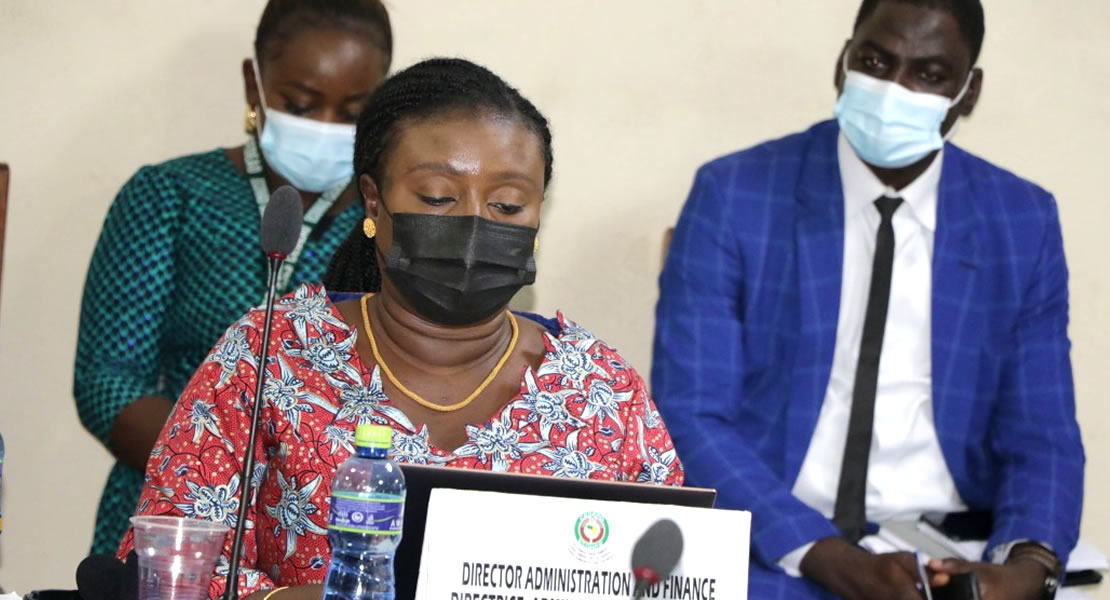 “That is when, ECOWAS institutions started working including the judiciary, the parliament leads and the others follow; I am very serious about this, the higher authorities in ECOWAS told me they have to copy us because we see the parliament moving around”.
“That is when, ECOWAS institutions started working including the judiciary, the parliament leads and the others follow; I am very serious about this, the higher authorities in ECOWAS told me they have to copy us because we see the parliament moving around”.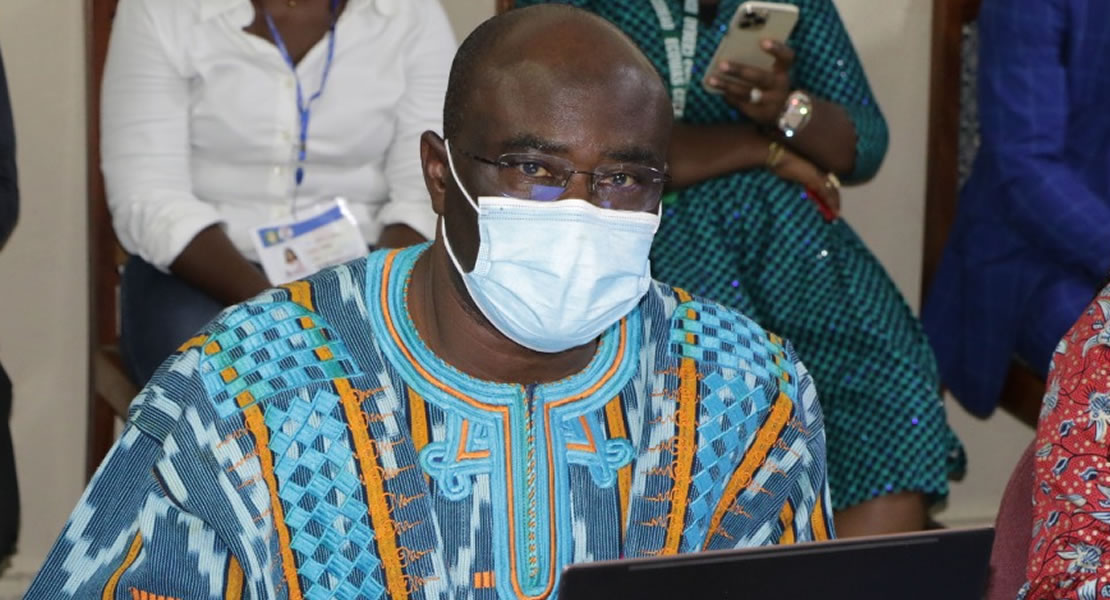 Leader of the Ghanaian delegation to the Community Parliament, Alexander Kwamena Afenyo Markin on behalf of his colleagues presented a sculpture of the Speaker as a gift, when he hosted them to a dinner at the end of the extraordinary meeting held in Winneba, Ghana.
Leader of the Ghanaian delegation to the Community Parliament, Alexander Kwamena Afenyo Markin on behalf of his colleagues presented a sculpture of the Speaker as a gift, when he hosted them to a dinner at the end of the extraordinary meeting held in Winneba, Ghana.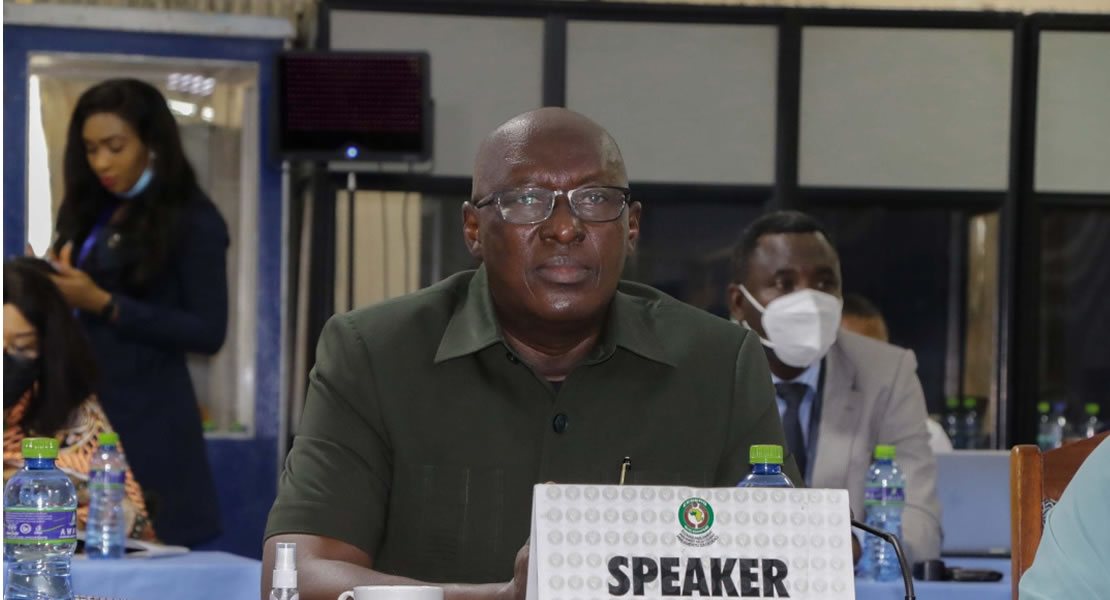
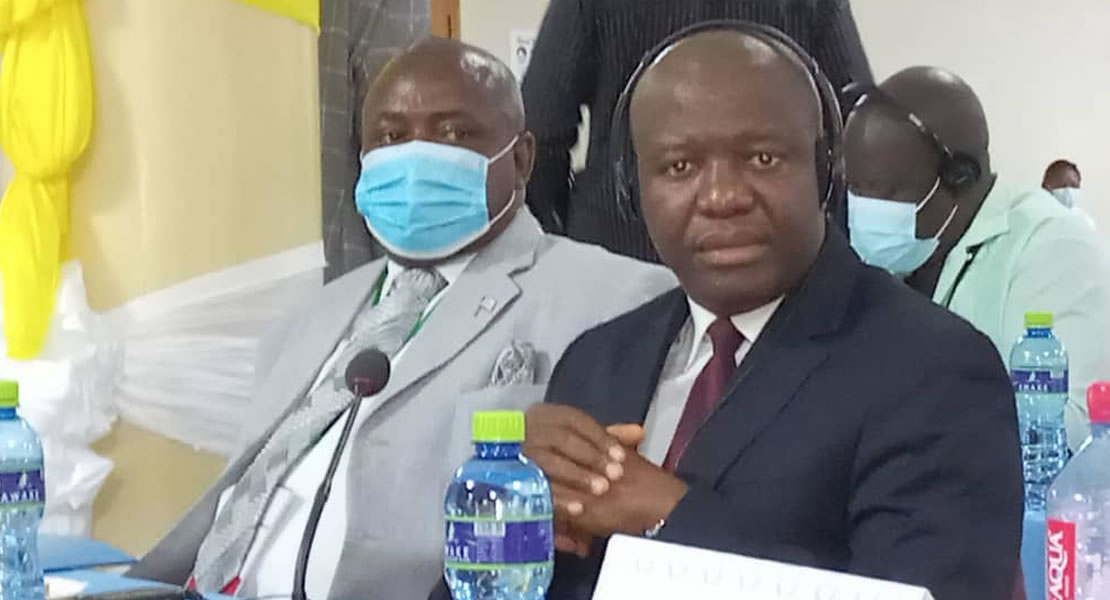
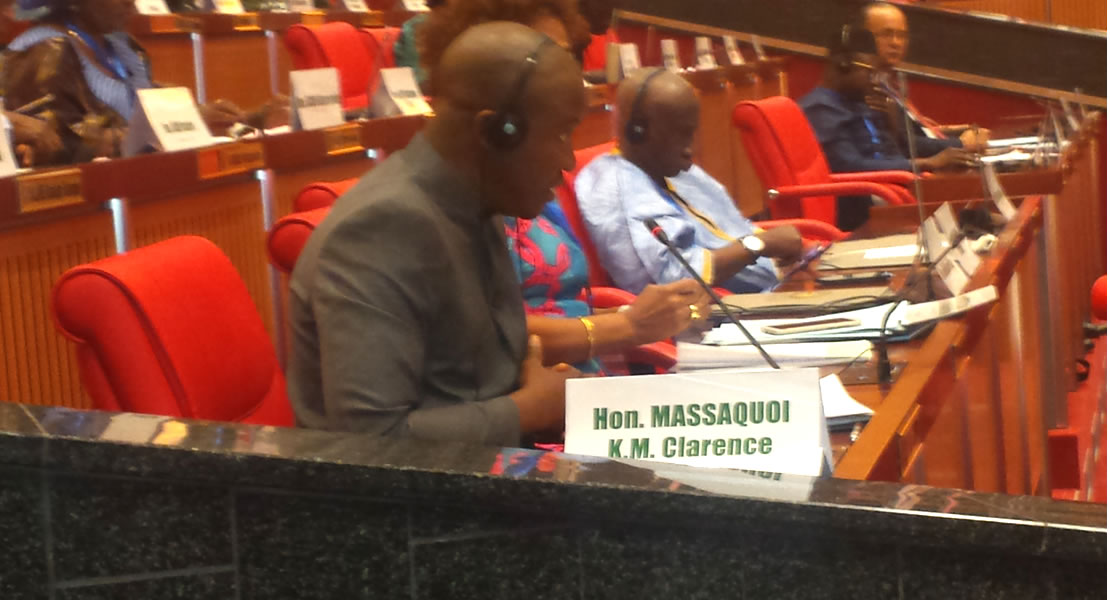
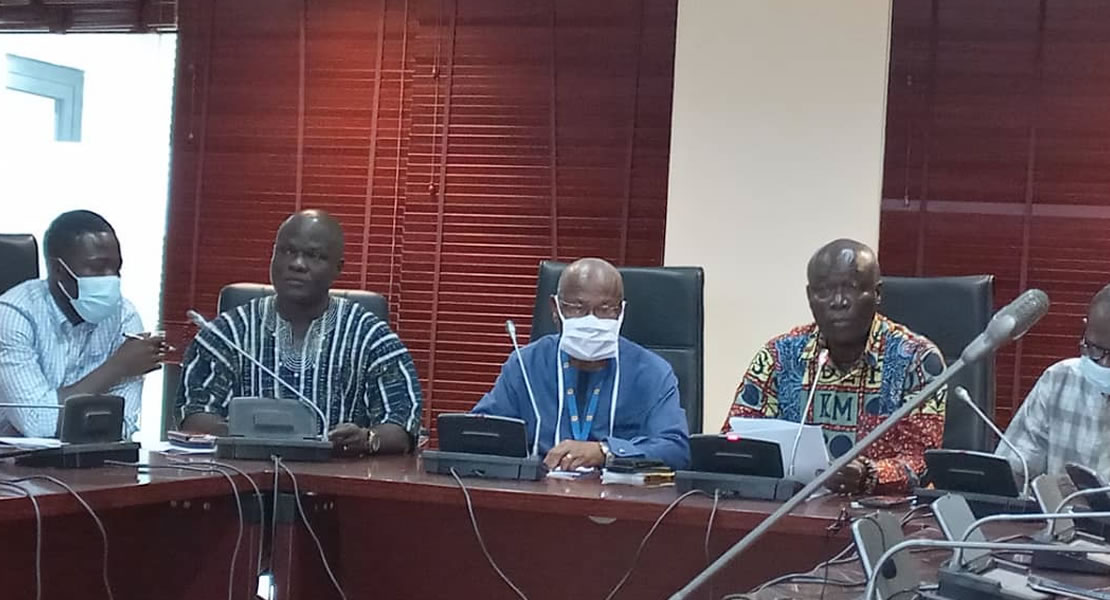
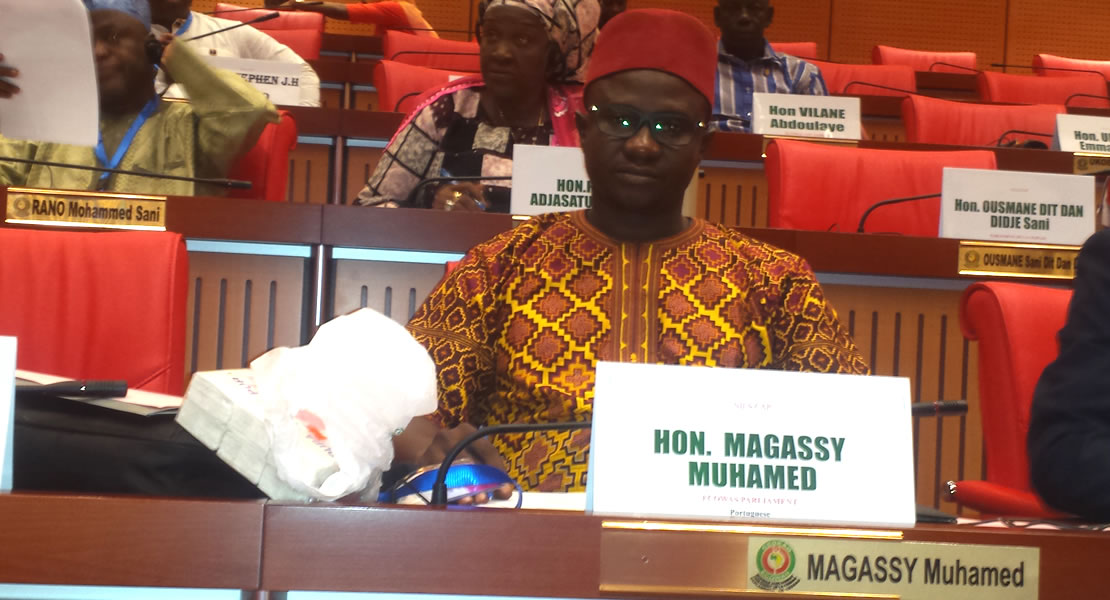
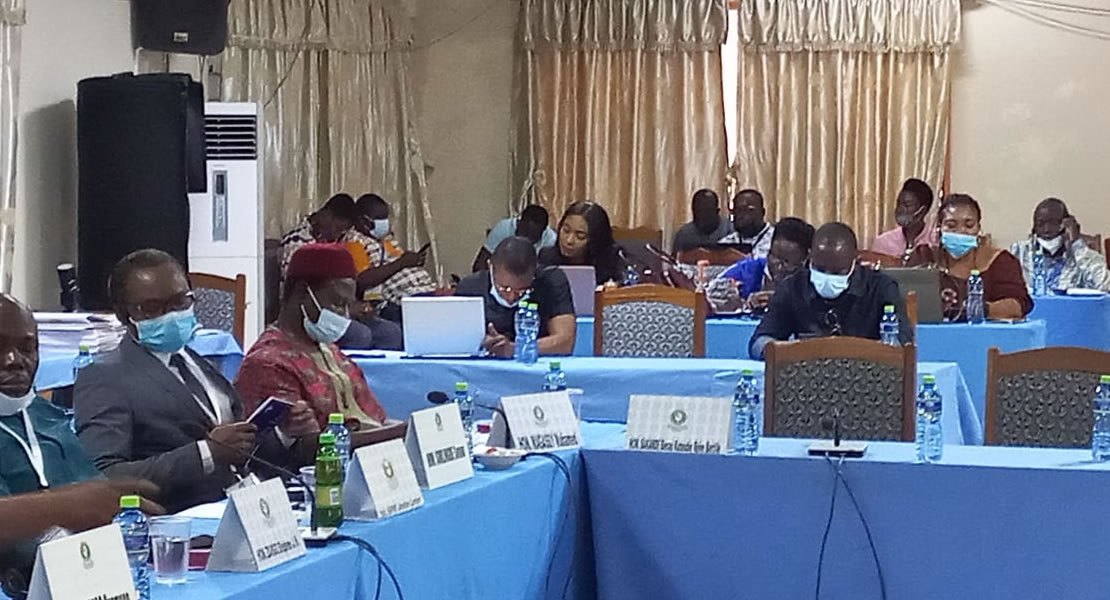
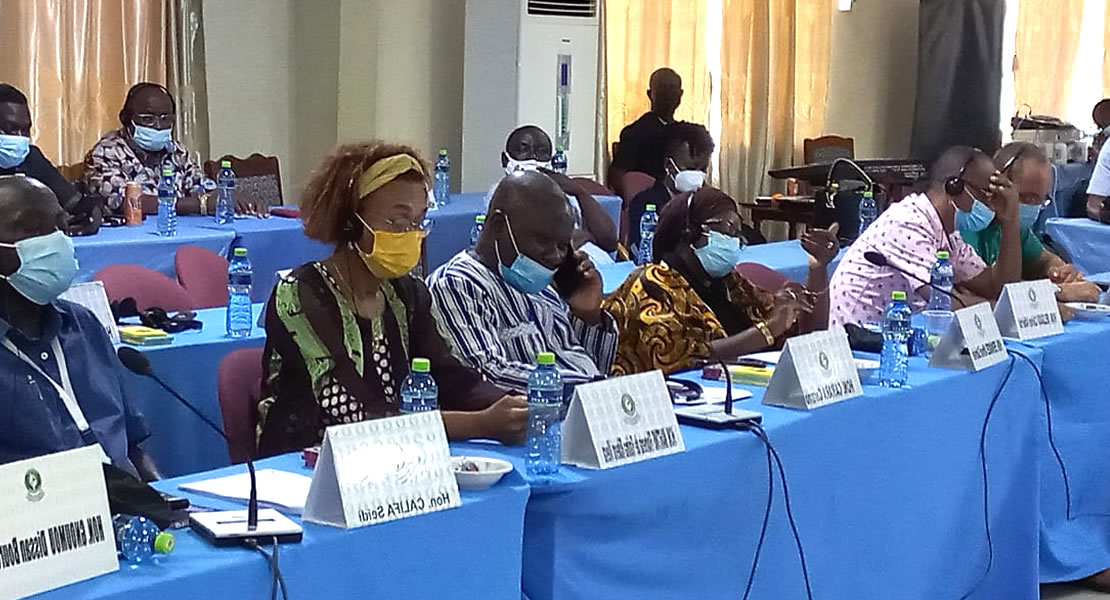
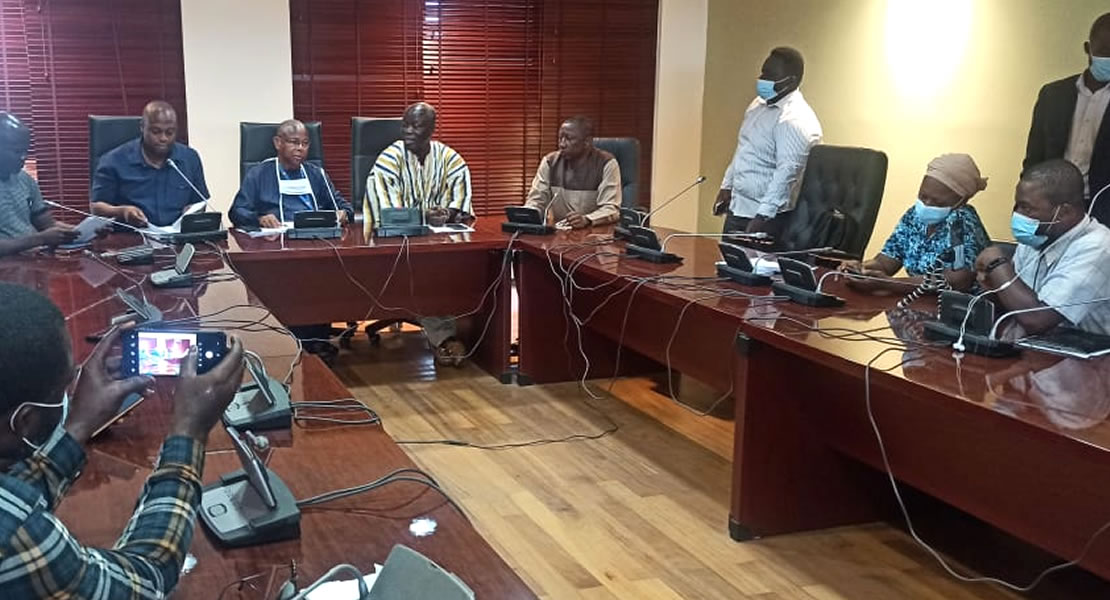
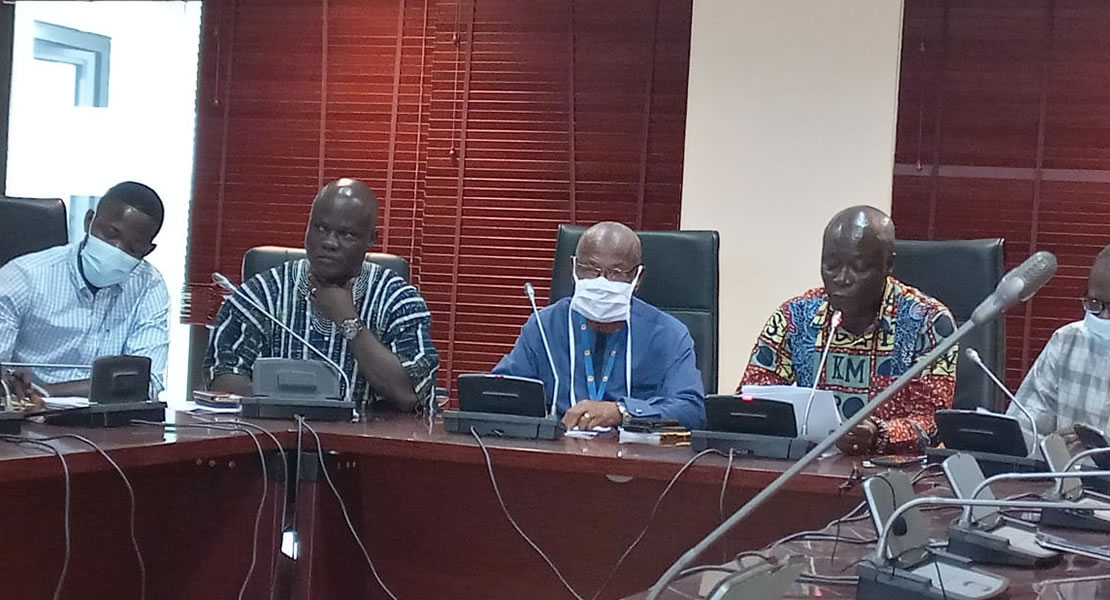
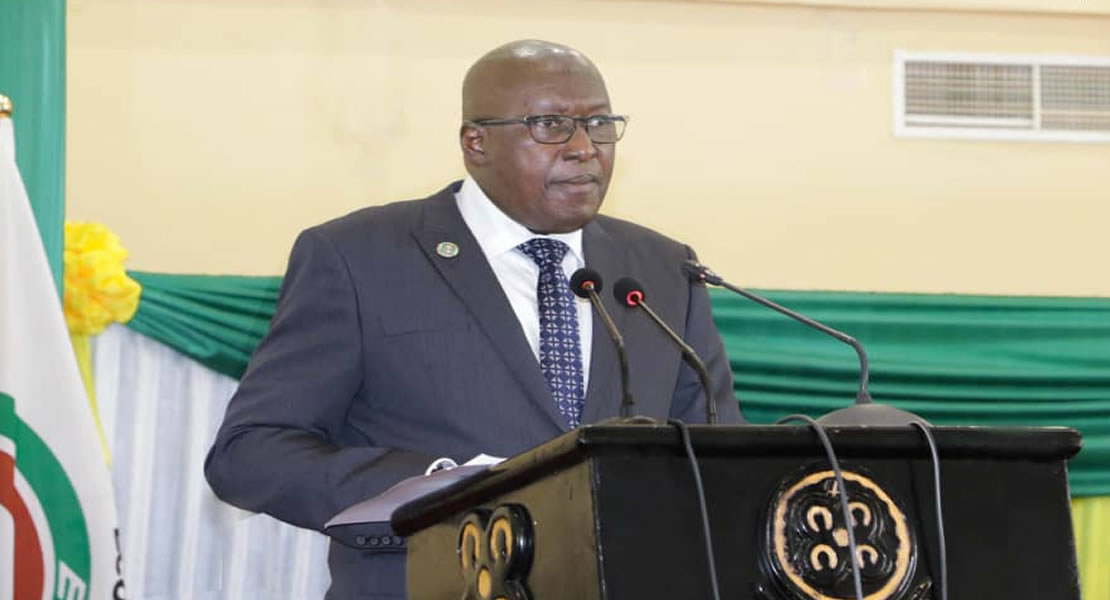
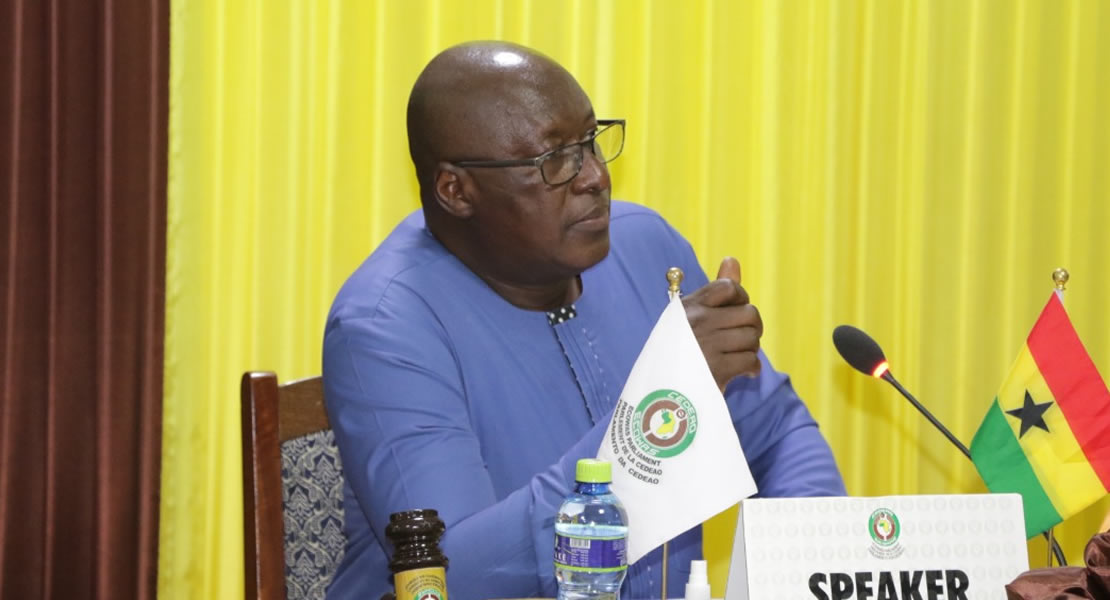
 On the role of civil society and non-state actors in elections, they cautioned civil societies, political parties and electoral candidates against disclosure of results before the body mandated to do so.
On the role of civil society and non-state actors in elections, they cautioned civil societies, political parties and electoral candidates against disclosure of results before the body mandated to do so. On the role of the judiciary, they recommended the consolidation of the independence and impartiality of the justice system by national parliaments through adequate legislations.
On the role of the judiciary, they recommended the consolidation of the independence and impartiality of the justice system by national parliaments through adequate legislations.